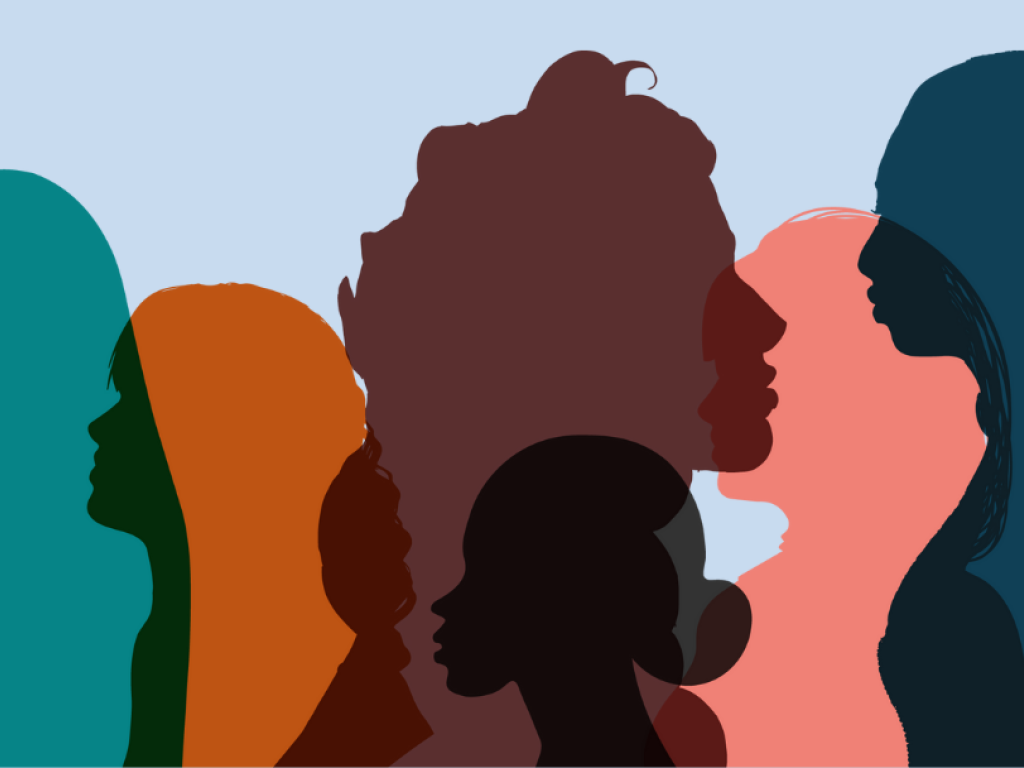Seminar | The Maputo Protocol and Women’s Rights in Africa


13h00 – 14h00 SAST/CAT
A light lunch is served at 12.30 in the adjacent staff lounge.
Queries: Haajirah Esau, ACEIR projects manager
In 2021, sub-Saharan Africa’s gender inequality index still performed worse than other regions of world and the promise of gender equality on the African content seems to remain a distant goal.
The African Union adopted the Protocol to the African Charter on Human and Peoples' Rights on the Rights of Women in Africa (commonly, the Maputo Protocol on Women’s Rights) in 2003 as its legal mandate to enable gender equality initiatives in Africa.
Reaching this goal depends on the protocol ’s translation into national legislation and operationalisation for effective implementation.
This seminar will present some findings from such an analysis of the implementation and adaptation of the Maputo Protocol mandates across different African countries since its adoption 20 years ago.
Prof. Abena D. Oduro from the ACEIR Ghana research node at the University of Ghana will present on behalf of the research team.
The World Policy Analysis Center's unique database on laws in 193 countries was utilised to gain insights into the progress of African countries to translate provisions of the Maputo Protocol into their national laws.
The analysis dealt with the progress on economic and social welfare rights; rights related to marriage (including child marriage); and the protection of women living with disabilities in different African countries.
The study is a collaboration between researchers from ACEIR and the WORLD Policy Analysis Center, University of California, Los Angeles.
The team comprises ACEIR researchers Dr Fabio Andrés Díaz Pabón (University of Cape Town), Prof. Abena D. Oduro (University of Ghana); and Prof. Jody Heymann and Dr Amy Raub (WORLD Policy Analysis Center, University of California, Los Angeles).